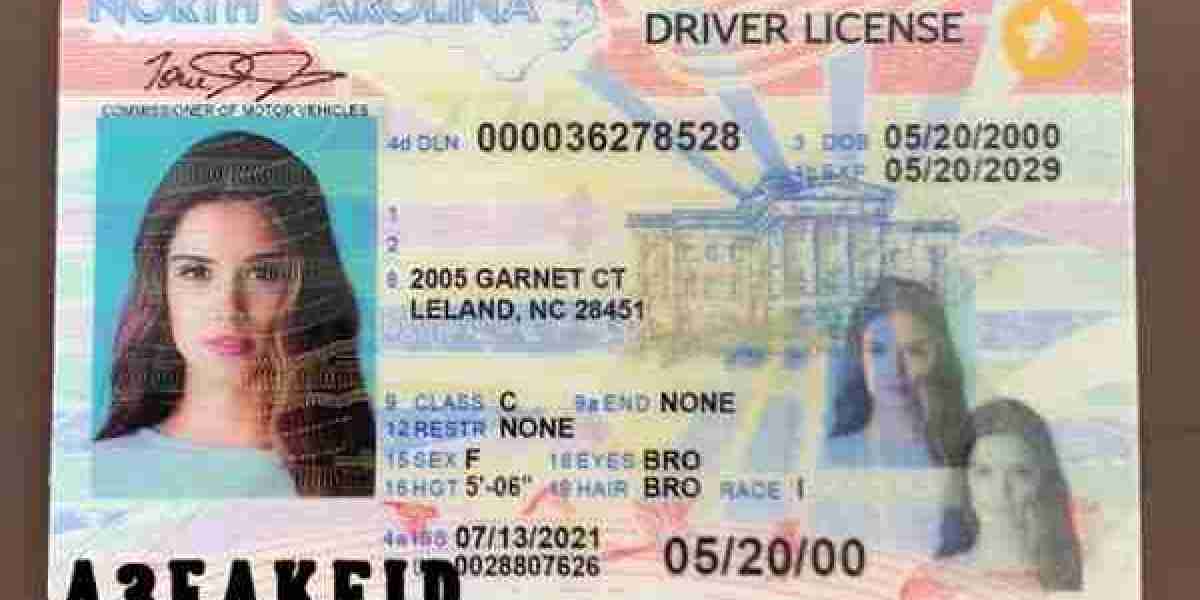Fake IDs have been a longstanding issue across the globe, and Quebec is no exception. With a vibrant nightlife and a drinking age of 18, the province has seen a significant demand for counterfeit identification documents. However, it is crucial to understand that using or possessing a fake ID is illegal and can lead to severe consequences.
The prevalence of fake IDs in Quebec is difficult to gauge accurately due to the clandestine nature of their production and usage. While it is challenging to obtain precise statistics, various anecdotal evidence and law enforcement reports suggest that the problem exists within the province. A combination of factors, including the desire to access restricted venues or purchase alcohol illegally, contribute to the demand for counterfeit IDs.
The consequences for using or possessing a fake ID in Quebec can be far-reaching. Firstly, individuals caught using a fake ID may face criminal charges. Under Canadian law, using a counterfeit identification document falls under the Criminal Code offense of "Identity Fraud" (Section 403). This offense carries severe penalties, including fines and potential imprisonment, depending on the circumstances and the severity of the offense.
Furthermore, possessing a fake ID can lead to additional charges. Even if the ID is not used, simply possessing it with the intent to deceive or defraud can result in criminal charges. The penalties for possession can be significant, and individuals convicted may find themselves with a permanent criminal record, which can have long-term consequences on their personal and professional lives.
In addition to legal consequences, individuals who use fake IDs risk damaging their reputation and credibility. If caught, they may face social stigmatization, particularly within their peer groups or communities. Moreover, establishments and businesses have become increasingly vigilant in detecting counterfeit IDs, employing advanced technology and trained personnel to identify fraudulent documents. Being caught with a fake ID can result in immediate refusal of service, banning from the venue, or even reporting the individual to law enforcement.
The negative consequences of using or possessing fake IDs extend beyond legal and social implications. Identity theft is a significant concern associated with counterfeit identification documents. Individuals who obtain fake IDs often provide personal information, such as their name, date of birth, and address, to the counterfeiters. This sensitive information can be misused for various illegal activities, including credit card fraud, identity fraud, or other forms of identity theft. Victims of identity theft may face severe financial losses, damage to their credit history, and the arduous task of restoring their stolen identity.
To combat the proliferation of fake IDs, Quebec has implemented various measures to enhance document security and detection. Authorities regularly collaborate with establishments, training staff to recognize counterfeit documents and encouraging them to report suspicious individuals. Furthermore, technology advancements, such as holograms, UV inks, and other security features, are incorporated into official identification documents to make counterfeiting more challenging.
In conclusion, the prevalence of fake IDs in Quebec remains a concern, driven by the desire to access restricted venues and engage in underage drinking. However, the consequences for using or possessing a counterfeit identification document in Quebec are severe. They range from criminal charges and potential imprisonment to social stigma and the risk of identity theft. It is crucial for individuals to understand the legal and personal implications associated with fake IDs and make responsible choices to avoid these adverse consequences.







